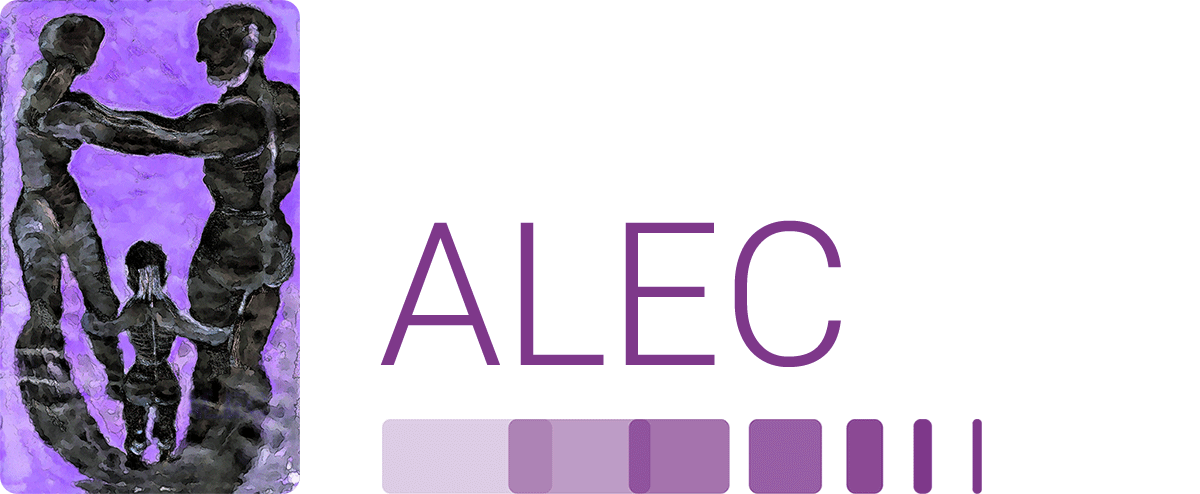Call for submission
“The 2030 Agenda for Sustainable Development ». In this resolution, the signatory countries agree on 17 objectives (SDGs) from which they must guide and join their efforts to build a different, prosperous and sustainable world based on the eradication of poverty and oriented towards the search for a sustainable development.
The protection towards vulnerable groups is implicit among the SDGs, as they being 1) No poverty, 2) zero hunger, 3) good health and well-being, 4) quality education, 5) gender equality, 6) clean water and sanitation, 7) affordable and clean energy, 8) decent work and economic growth, 9) industry, innovation and infrastructure, 10) reduced of inequalities, 11) sustainable cities and communities, 12) responsible consumption and production, 13) climate action, 14) life below water, 15) life on Land, 16) peace, justice and strong institutions and 17) partnerships.
In many societies, elderly people suffer the most from being vulnerable. Hence, the International Network of Latin America, Africa, Europe, the Caribbean (ALEC)[1], member of the United Academic Impact, has considered essential to address this issue at its IV Congress and attend to this important part of humanity.
Indeed, in a globalized world in which tensions and marginalities predominate, what place to devote to this part of the population? What role should it be granted?[2] How to « anticipate the consequences of becoming part of the elderly population » and « register this period of life in a stage that responds to your aspirations »[3]?
Between aging and longevity, whatever the denomination used, is important that we take care of the elderly in respect of the heterogeneity of people. « Living together »; that is to say that we facilitate the inclusion of the elderly in «all areas of community life», in «benefit of the same community», that «we optimize the possibilities of enjoying good health»[4], that we reduce and perhaps even end the fractures that involve precariousness, limitations, discrimination, maltreatment and abuse in some cases.
« Aging and staying active, avoiding isolation »[5] and « dealing with the double dimension of how to age better and the protection of the most vulnerable »[6] are the main challenges that societies, whatever their latitudes, their environments – rural and / or urban – must be take into account to be able to provide answers.
Likewise, it is necessary to explore the potential, capabilities and resources that elderly people represent and mean to the society; recreate an active dynamic around citizen participation that values their skills and experiences.
Societies involve endless exchanges which elderly people constitute the intergenerational link that will ensure the valuation, the permanence of cultural heritage (stories, language …), the transmission and linking of memory.
To live together also means reconfiguring the design of places and spaces of life, rural and / or urban, given new perspectives, new challenges and needs posed by longevity. To create, value and facilitate access to internal and external, singular and collective areas, installing infrastructure, services, material conditions that support well-being; in other words, to build a vital environment « favorable and hopeful that compensates for the physical and social transformations associated with aging »[7] (a framework that would also benefit people with disabilities, young and non-young).
The topic Elderly People in the World in the 21st Century. Learning to live together, chosen by the IV Congress of the International Network ALEC is an opportunity for researchers, academics, civil society, caregivers, media, politicians, the world of finance and people in general that comes from developed or developing countries, French-speakers, Spanish-speakers, Portuguese-speakers, English-speakers and others, can all exchange and share knowledge and experiences; involve and sensitize citizens towards a new way of «living together», a better quality of life, providing answers and solutions that are easily achievable in the framework of public policies under a human rights-based approach and respecting the 2030 Agenda.
[1] web : https://www.unilim.fr/alec[2] Excerpt from the Law Concerning the Adaptation of the Aging Society promulgated on December 28, 2015, in France, by Marisol Touraine, Minister of Social Affairs, Health and Women’s Rights and Laurence Rossignol, Secretary of State responsible for the Family, Children, the Elderly and the Autonomy.
[3] Id.
[4] OMS (2007). Guide Mondial des villes-amies-des aînés, p. 4.
[5] Id.
[6] CF. note 1.
[7] CF. Supra note 3.
Reception of the summaries (French, Spanish, English or Portuguese) until January 15, 2021
– Title (communication language + English translation): 250 words maximum + 5 keywords + bibliographical references
– Name (s) + surname (s)
– Function and institution
– Institution address
– Email + whatsapp
– Short CV
Send to:
– Dominique Gay-Sylvestre: dominique.gay-sylvestre@unilim.fr
– Pierre Mérigaud : p-merigaud@autonom-lab.com
NOTIFICATION DATE ACCEPTANCE OR REJECTION COMMUNICATION : january 30, 2021
Once the communication proposal has been accepted, the complete article must be sent in accordance with the standards of the online journal Transcontinental Human Trajectories (TraHs): https://www.unilim.fr/trahs for: April 30, 2020
ORGANIZATION
– Lectures: 30 minutes
– Round tables: communications duration: 20 minutes
TUITION FEES
– € 90
– Tuition payment: from february 15, 2020
